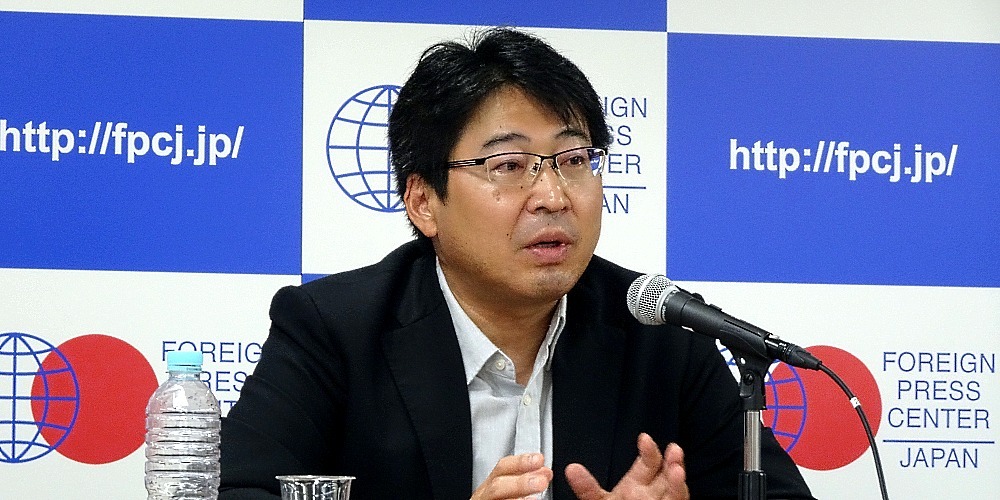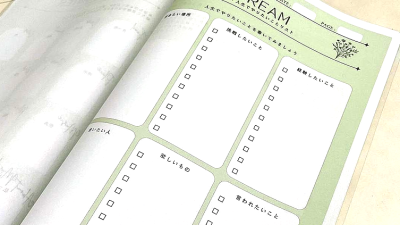
The results of the annual Japan-China Joint Public Opinion Poll conducted by Genron NPO have been announced.
Perceptions of China in Japan further worsened, with positive impressions falling below 10% to 7.8%.
Conversely, in China, favorable impressions of Japan increased from 35.2% last year to 37%.
The reasons given as to why Japan has a bad impression of China include historical and territorial issues, but the reason “Chinese media repeats anti-Japanese reporting” has increased significantly.
This is also thought to be a response to Chinese reports regarding the release of “treated water” in Fukushima among other issues.
However, in such a pessimistic situation, it is worth noting that when asked whether Japan-China relations are important, 65.1% of Japanese respondents and 60.1% of Chinese respondents answered that they were important.
It is extremely important that more than 60% of respondents in both countries still recognize that Japan-China relations are important, especially as Japan’s perception of China has deteriorated significantly.
This can be said to be exactly the public opinion that supports Japan-China relations.
However, the problem is that the number of respondents considering Japan-China relations to be important has decreased in both Japan and China between 2022 and 2023.
On the Japanese side, it decreased from 74.8% to 65.1%, and on the Chinese side, it decreased from 71.2% to 60.1%.
Correspondingly, the number of respondents who answered “not important” increased by 7% in Japan and 6% in China.
This trend is also evident in the question about the “importance of private sector exchanges,” with the number of respondents saying it is important decreasing in both Japan and China.
On the other hand, the perception that military tensions between Japan and China are increasing was largely divided between Japan and China.
Compared to 2022 in Japan, the number of respondents saying there is a possibility of a military conflict occurring between Japan and China has decreased by more than 4%, while in China the number of respondents saying it will occur within a few years has increased by 7%.
When asked where military conflicts would occur, in China, the answer “East China Sea” increased sharply by more than 10%. In Japan, the Taiwan Strait is attracting a lot of attention, but less than 3% of respondents chose East China Sea, which is significantly different from China’s 14.8%.
Regarding the Taiwan Strait, the number of responses regarding the possibility of a so-called “Taiwan emergency” (military conflict will occur in the future within a few years) was 40.5% in Japan, a decrease of 4% from last year, while in China it was 59.1%, an increase of 2.4% from last year.
Regarding the “tension in Taiwan,” respondents in Japan believe that the cause lies in China, while respondents in China believe that the cause lies in the United States (and Japan), indicating a large gap in understanding.
Furthermore, this opinion poll shows the division of public opinion in China. For example, when asked whether their impression of Japan had changed over the past year, there was an increase in the number of respondents who answered that their impression of Japan had improved and that it had gotten worse.
This trend was also seen when asked what they thought of the current Japan-China relations, with an increase in respondents saying they had improved or worsened compared to last year.
Regarding treated water in Fukushima, 43.7% said they were not worried, and 47.6% were worried.
It is interesting that there is a certain degree of “division” in public opinion within China.
On the other hand, in response to the question “Does international cooperation continue to be necessary?” the percentage of respondents in China who answered “It is not necessary” increased sharply from 10.3% to 31.6%.
Furthermore, when asked whether Japan-China economic cooperation is necessary for the future of their country, the proportion of Chinese respondents who answered that they do not think it is important increased sharply from 17.5% to 32.9%.
In this way, it can be seen that China’s desire to cooperate with the international community and other countries has declined significantly. This is thought to be due to propaganda within China that criticizes developed countries and the existing order.
However, in China, there is also growing criticism of the country’s media.
When asked about the “degree of contribution of the media to Japan-China relations,” the percentage of respondents who said it was “having a negative impact” increased sharply from 1.8% to 8.7%, and the number of respondents who said the media “don’t contribute anything” increased sharply from 7.3% to 17.5%.
This probably indicates that a stricter view of the media is being formed within China, possibly related to issues such as coronavirus counter-measures.
This is also reflected in the answer to the question, “Is media coverage in your country objective and fair?”
In China, the number of people who thought it was fair decreased sharply from 79.3% to 59%, and the number who said they didn’t think it was fair jumped from 12.2% to 31.5%. These things show that trust in public media is eroding within China.
The question remains as to what extent we should believe Chinese public opinion polls.
However, these data also indicate changes within China as well as changes in Sino-Japanese relations.
In terms of Japan-China relations, recognition of the importance of the relationship is gradually declining, and new trends are beginning to appear within China, such as divisions in domestic public opinion and doubts about the country’s media.
(Shin Kawashima is Professor of international relations, Graduate School of Arts & Sciences, University of Tokyo, Japan.)
ADVERTISEMENT
ADVERTISEMENT








































